How to Get Pregnant Fast? - Important Tips to Increase Fertility

Quick Summary
- Getting pregnant typically involves the fertilisation of an egg by sperm. This can happen naturally or through assisted reproductive techniques such as in-vitro fertilisation (IVF).
- With the advent of technology, it has been possible for couples to conceive faster and easier than before.
- If you're hoping to conceive, and are also looking for answers to the questions like how to get pregnant fast, then don't leave it to luck.
Couples often wonder about when is the best time to get pregnant or how to get pregnant. Getting pregnant typically involves the fertilisation of an egg by sperm. This can happen naturally or through assisted reproductive techniques such as in-vitro fertilisation (IVF). However, with the advent of technology, it has been possible for couples to conceive faster and easier than before.
So, if you're hoping to conceive, and are also looking for answers to the questions like how to get pregnant fast, then don't leave it to luck.
Keep reading further to get all the answers you need!
Reasons for couples wanting to get pregnant fast
There are various scenarios when someone might think about how to get pregnant fast.
Some people may want to start a family as soon as possible, either because they feel ready to be parents or because they have a specific timeline in mind for when they want to have children. Others may have fertility issues and are trying to get pregnant as quickly as possible to have a successful pregnancy.
Also, some people may feel a sense of urgency to have children due to personal and cultural pressure, age or other factors that could affect their fertility.
Ultimately, the importance of getting pregnant fast will depend on an individual's circumstances and priorities.


How to get pregnant fast?
If you are looking for answers on how to get pregnant fast and easy then the simple answer is to improve your fertility. Getting pregnant fast involves understanding and optimising your fertility. So, here are some tips to improve your fertility and get pregnant fast:
Track your Ovulation
Tracking your ovulation cycle can help you get pregnant faster because it allows you to identify when you are most fertile. The menstrual cycle is the process by which the body prepares for pregnancy each month. Ovulation, that is, the release of an egg from ovary, occurs about midway through the menstrual cycle. The egg is only available for fertilisation for a short period, so it is important to try to have intercourse during this window if you are trying to get pregnant.
Keeping track of the menstrual cycle can help you identify when you are most likely to ovulate, typically around the 14th day of a 28-day cycle. By knowing when you are most fertile, you can increase your chances of getting pregnant by having intercourse at the right time. There are many ways to track your menstrual cycle, including keeping a calendar, using a basal body temperature chart, or using an ovulation predictor kit.
Stop using Birth Control to get Pregnant Fast.
If you are thinking about how to get pregnant, then first, you will need to stop using birth control. This is because birth control methods like condoms, pills, and patches work by preventing pregnancy by either physically blocking the sperm from entering the cervix or by disrupting the normal hormonal cycle to prevent ovulation.
If you want to become pregnant, you will need to stop using these methods to ovulate and potentially become pregnant.
It's important to note that it may take some time for your body to return to its normal hormonal cycle after stopping birth control, and it may take several months or longer to become pregnant.
Have Regular Sex
Having regular sexual intercourse is important for getting pregnant because it increases the chances that sperm will be present in the female reproductive tract when an egg is released. The female reproductive system is designed to allow fertilisation to occur soon after an egg is released from the ovary, and sperm must be present in the female reproductive tract at this time in order to fertilise the egg. If a couple has regular sexual intercourse, it increases the chances that sperm will be present when an egg is released, and this can increase the chances of getting pregnant.
Maintaining a proper Body Weight.
Maintaining a healthy body weight can improve fertility and help you get pregnant faster. Being underweight or overweight can disrupt your menstrual cycle and make it harder to get pregnant.
If you are underweight, your body may not produce enough oestrogen, which can lead to irregular periods and make it harder to conceive.
On the other hand, if you are overweight, the excess weight can disrupt your hormonal balance and make it harder for you to ovulate. In addition, carrying excess weight can make it harder for your healthcare provider to accurately track your menstrual cycle and identify when you are ovulating. Fat cells produce oestrogen, which causes the ovaries to produce more oestrogen as well. This can lead to irregular periods, making it difficult to predict when a menstrual cycle will occur. Maintaining a healthy body weight can help regulate your menstrual cycle and increase your chances of getting pregnant.
It's important to note that there is no "ideal" body weight that will guarantee a pregnancy. The key is to aim for a body weight that is healthy for you based on your age, height, and overall health.
Avoid Certain Medications
some medications can interfere with fertility or make it more difficult to get pregnant. For example, certain medications used to treat chronic conditions, such as epilepsy or depression, can affect hormone levels and disrupt the menstrual cycle, making it more difficult to conceive.
It is never safe to stop taking a medication without consulting a medical professional.
Try Again
It is important never to lose hope and keep on trying. It is generally recommended to try to get pregnant for at least 1 year before seeking medical help unless a specific fertility problem is suspected or there are other health concerns. Many couples can get pregnant on their own after trying for a year.
However, if a couple has been trying to get pregnant for a year without success, it may be a good idea to seek medical help. If there are other concerns about fertility or to determine any underlying fertility issues that need to be addressed. A fertility specialist can help to identify any possible issues and recommend treatment options that may improve the chances of getting pregnant.
Dos and don'ts to boost Fertility
Here is a table outlining some dos and don'ts that may help improve fertility and increase the chances of getting pregnant quickly:
| Dos | Don'ts |
| Eat a healthy diet that is rich in fruits, vegetables, whole grains, and lean protein. | Avoid smoking, as it can damage the eggs and sperm and reduce fertility. |
| Get regular exercise, but avoid overexercising, as this can affect fertility. | Limit alcohol intake |
| Take preconception vitamins, such as folic acid, to improve egg and sperm health. | Avoid exposure to toxins, such as pesticides and certain chemicals, which can harm fertility. |
| Maintain a healthy weight. Being overweight or underweight can affect fertility. | Don't use drugs, as they can affect fertility. |
| Consider tracking ovulation to increase the chances of getting pregnant. | Avoid hot baths or saunas, as high temperatures can affect sperm production. |
Minimum how many days does it take to get Pregnant?
It's not possible to get pregnant in a specific number of days, as it depends on various factors, including a person's age, overall health, and fertility.
Getting pregnant is a complex process that involves the release of the egg from the ovary, fertilisation by a sperm, and successful implantation of the fertilised egg in the lining of the uterus. For most people, the best time to try to get pregnant is when they are in their mid-20s to early 30s, as this is when a woman's fertility is at its highest.
Lifestyle changes which can Help
If you are looking for how to become pregnant, then here is the answer-
As you already know, several lifestyle factors can affect fertility and pregnancy, including diet, exercise, and stress management practices like yoga. So it is better to improve your lifestyle.
- Diet: To maintain a healthy diet is important for overall health and fertility. Some specific dietary factors that may affect fertility include:
- Getting enough of certain nutrients, such as folic acid, iron, and calcium, which are important for foetal development.
- Limiting intake of substances that may be harmful to fertility or a developing baby, such as caffeine, alcohol, and tobacco.
- Exercise: Regular physical activity is generally beneficial for fertility and pregnancy. However, it is important to find an exercise routine that is safe and appropriate for your individual needs and limitations.
- Yoga: Yoga and other stress management practices, such as meditation and deep breathing, may help reduce stress and improve overall well-being, which can be beneficial for fertility and pregnancy.
Overall, it is important to consult with a healthcare provider for personalised advice on how to optimise fertility and prepare for pregnancy.
Conclusion
It's important to understand that getting pregnant can take time, and it may take several months or longer to conceive. Never give up, and never stop looking for how to get pregnant if you want to get pregnant. If you have doubts about your fertility or are having difficulty getting pregnant, it's a good idea to speak with a healthcare provider. They can help you understand your options and can devise the best course of action for you.
If you are looking for more information and a hassle-free experience, HexaHealth is your ideal choice. HexaHealth is a patient-first platform that will help you throughout your journey. So what are you waiting for? If you are looking for how to get pregnant fast, get in touch with an HexaHealth expert TODAY!
Frequently Asked Questions
How to get pregnant?
What are the different ways to get pregnant?
How to get pregnant fast?
To get pregnant fast, track ovulation and have sex during the fertile window, have sex every other day, use lubricants sparingly, avoid tight clothing, eat a healthy diet, maintain a healthy weight, take prenatal vitamins, get regular medical check-ups, reduce stress, get plenty of sleep.
How can I get pregnant naturally?
When is the best time to get pregnant?
How do I know if I am fertile enough to get pregnant?
How to get pregnant fast and easy?
What age are you most fertile?
How many days after my period can I get pregnant?
What to do before getting pregnant?
How do I know if ovulation has passed?
Several signs may indicate that ovulation has occurred or is about to occur like basal body temperature charting, cervical mucus changes, mild pelvic pain or a twinge on one side of the lower abdomen, increase in sex drive, mild spotting or discharge. However, the only way to ensure that ovulation has occurred is to track it over several months to look for patterns.
How long does it take to get pregnant?
What to avoid when trying to get pregnant?
What should i do to become pregnant?
Last Updated on: 19 January 2023
Reviewer

Dr. Arti Sharma
MBBS, DNB Obstetrics and Gynaecology, Diploma In Cosmetic Gynaecology
9 Years Experience
Dr Arti Sharma is a well-known Obstetrician and Cosmetic Gynaecologist currently associated with Aesthetica Veda in Bengaluru. She has 9 years of experience in Obstetrics and Cosmetic Gynaecology and worked as an expert Obstetrician...View More
Author
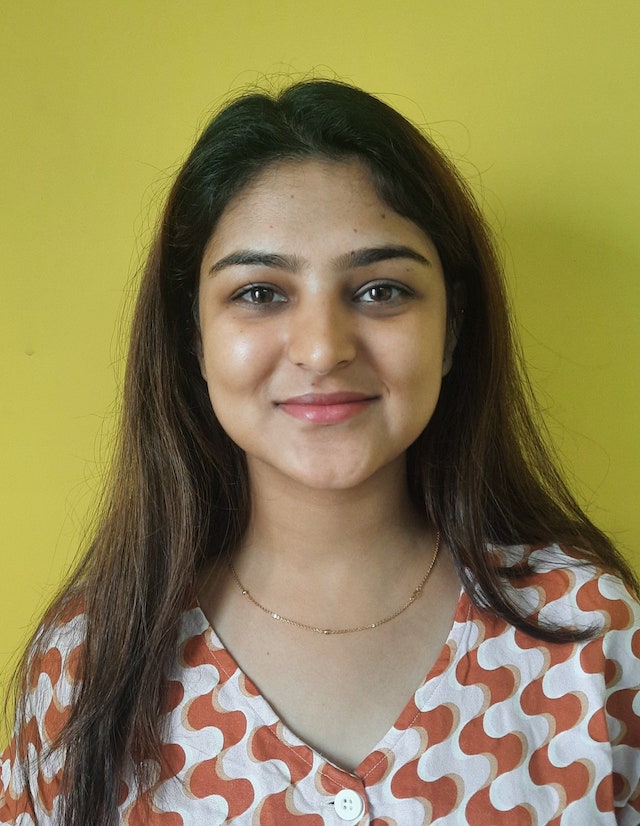
She is an accomplished new-age professional who has interviewed prominent personalities such as Bhaichung Bhutia, G. Sathiyan, Shashi Tharoor, etc. A content writer interested in health communication, graphic desi...View More
Expert Doctors (10)
NABH Accredited Hospitals (5)
Latest Health Articles





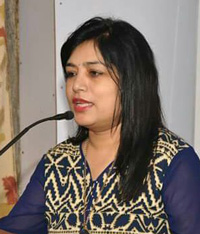
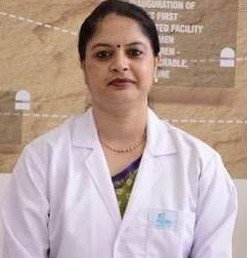
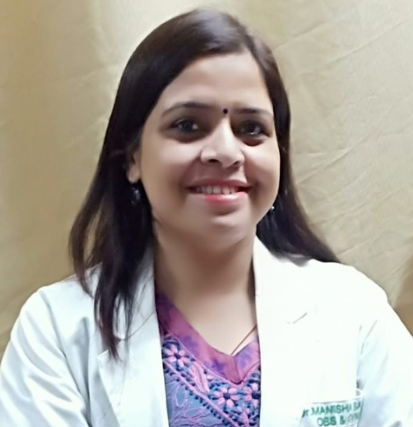
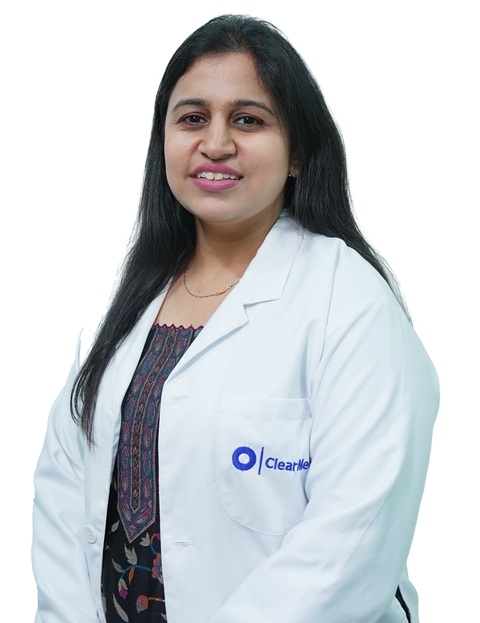

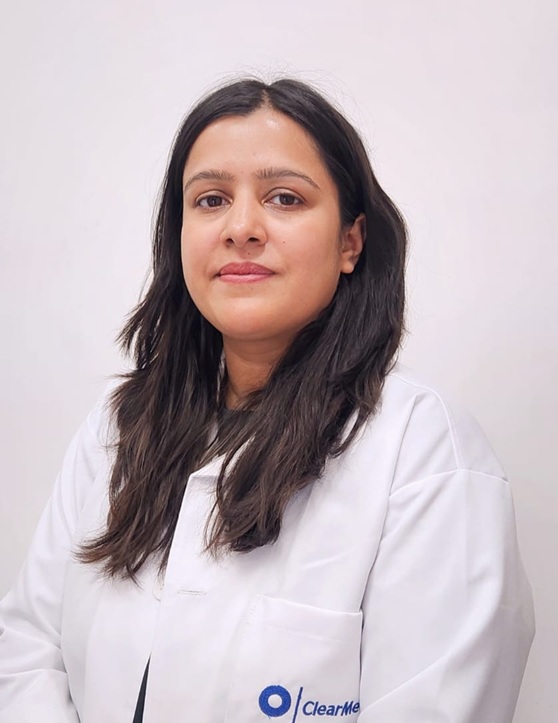














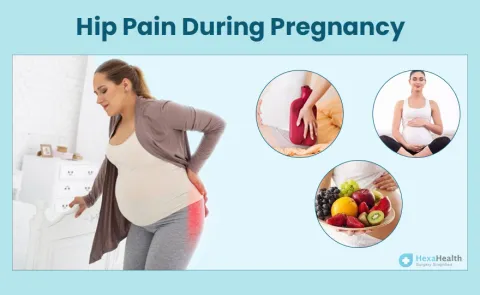
 Open In App
Open In App